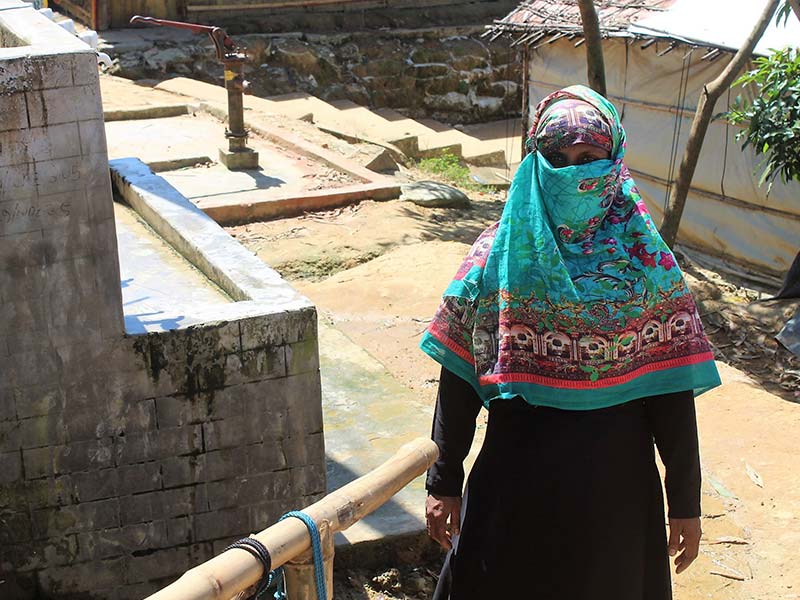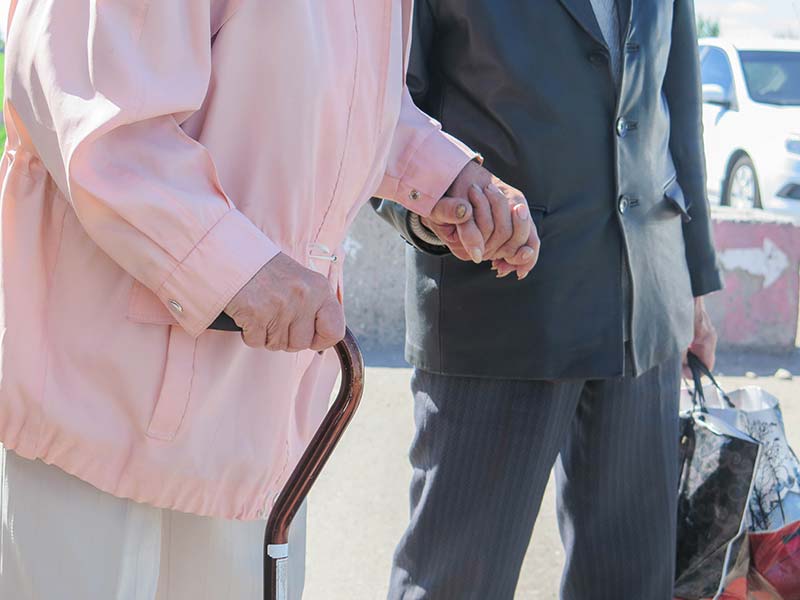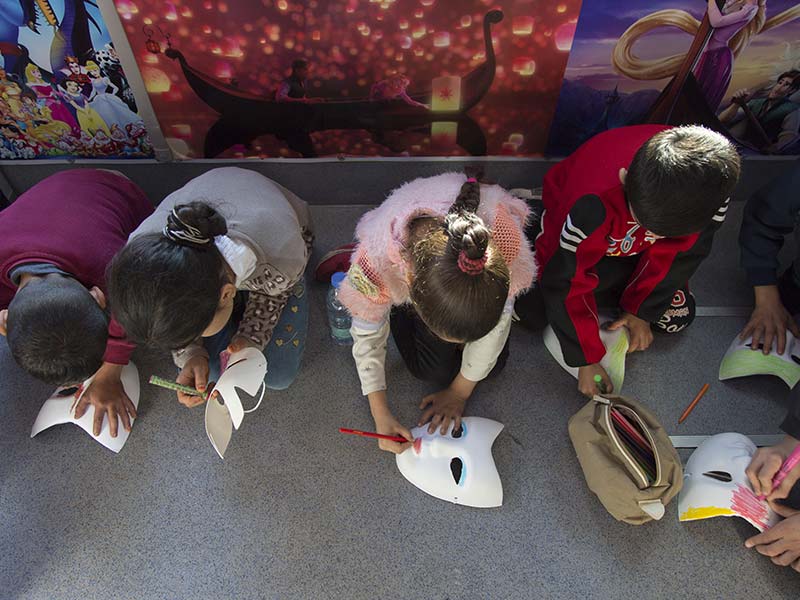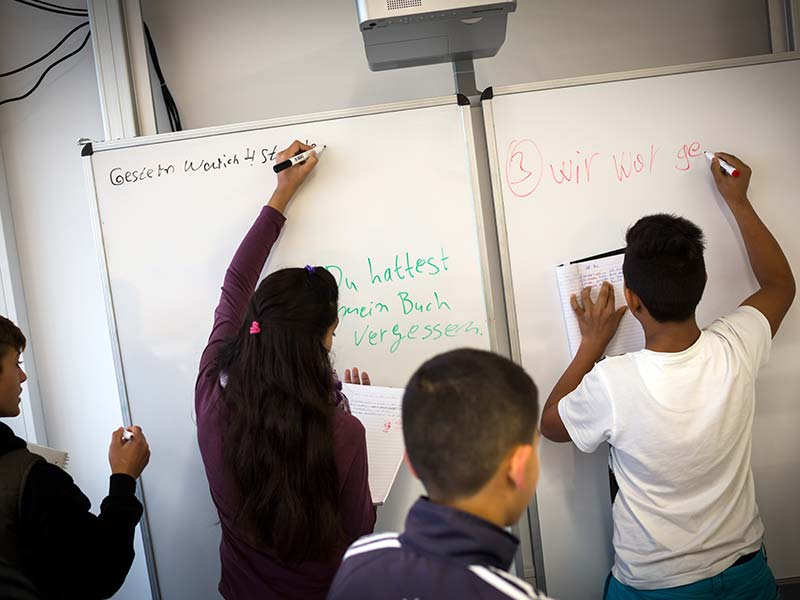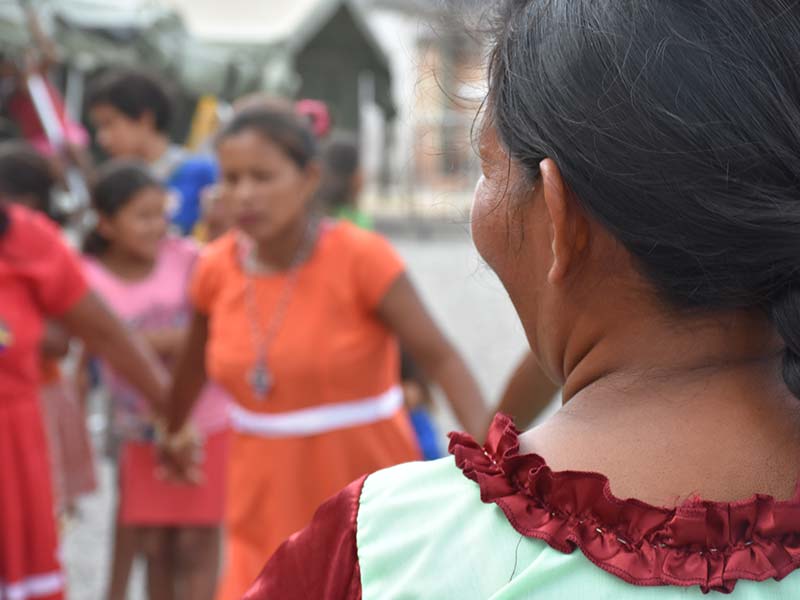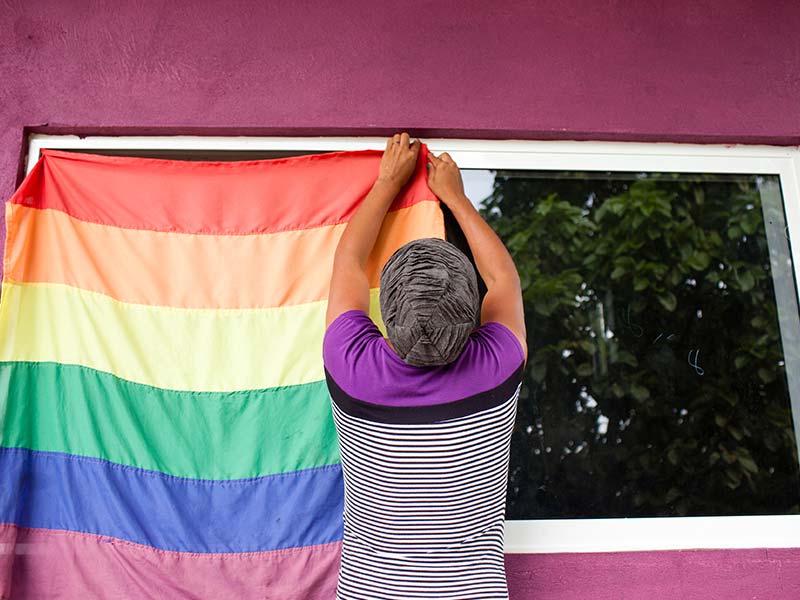AGE, GENDER AND DIVERSITY (AGD)
Among forcibly displaced and stateless people with whom UNHCR works, there are differences in age, gender, and other characteristics such as social or legal status, ethnicity, and disability. These identities can exacerbate inequality and limit opportunities. Therefore, UNHCR must consider each person’s unique needs, priorities, and strengths.
For decades, UNHCR has applied an age, gender and diversity (AGD) approach to its work to ensure equality in decision making and in the provision of services as well as to create meaningful partnerships. UNHCR remains committed to AGD inclusion in its own organization and among its partners.
AGD and Intersectionality
Simplified representation of UNHCR’s approach to intersectionality

Intersectionality is the interaction between age, gender or other diversity factors, and how they affect the power of individuals or groups.
Each person has multiple characteristics, which individually or combined can lead to negative or positive outcomes in how that person is treated. For example, an undocumented refugee girl with a disability may face discrimination because of her legal status, age, gender or disability separately, or because of a combination of these factors. She will also have unique insights and strengths because of these characteristics.
UNHCR’s Commitments on Age, Gender and Diversity
UNHCR’s Policy on Age, Gender and Diversity (AGD) lists essential areas of work and commitments, including ten core actions that the organization must take.
INCLUSIVE
PROGRAMMING
UNHCR’s AGD Policy requires that:
- Different capacities, needs and exposure to protection risks of persons of all AGD groups are incorporated into assessments, planning, and implementation;
- Targeted actions for inclusive programming are appropriately resourced, monitored, reported, and evaluated;
- Detailed data disaggregation facilitates an understanding of the experiences of different groups and individuals.
ACCOUNTABILITY TO AFFECTED PEOPLE
UNHCR’s AGD Policy requires accountability to affected people, through:
- Participation and inclusion of diverse AGD groups across all programming phases;
- Communication and transparency to ensure access to timely, accurate and relevant information;
- Feedback systematically received and responded to, and corrective action taken as appropriate;
- Ongoing organizational learning and adaptation informed by persons of concern.
GENDER
EQUALITY
UNHCR’s AGD Policy requires advancing gender equality, through:
- Equal and meaningful participation in decision-making;
- Individual registration and documentation;
- Equal access to and control over food, core relief items and cash-based interventions;
- Equal access to economic opportunities, quality education and health services;
- Comprehensive prevention and response services against gender-based violence.
UNHCR’s Work with Diverse Groups
See our information and resources on why and how UNHCR does specific work with diverse groups.
UNHCR remains publicly accountable for its work on age, gender and diversity (AGD), in part by producing an annual accountability report. Regular reporting allows UNHCR to progress towards more systematically integrating the views of persons of concern into its work.
This report provides an analysis of data on the implementation of the Age, Gender and Diversity (AGD) Policy and the progress every year against the areas of engagement and 10 minimum core actions set forth by the policy. It provides examples from operations across all regions on AGD-inclusive programming, accountability to affected people (AAP) and gender equality (GE).
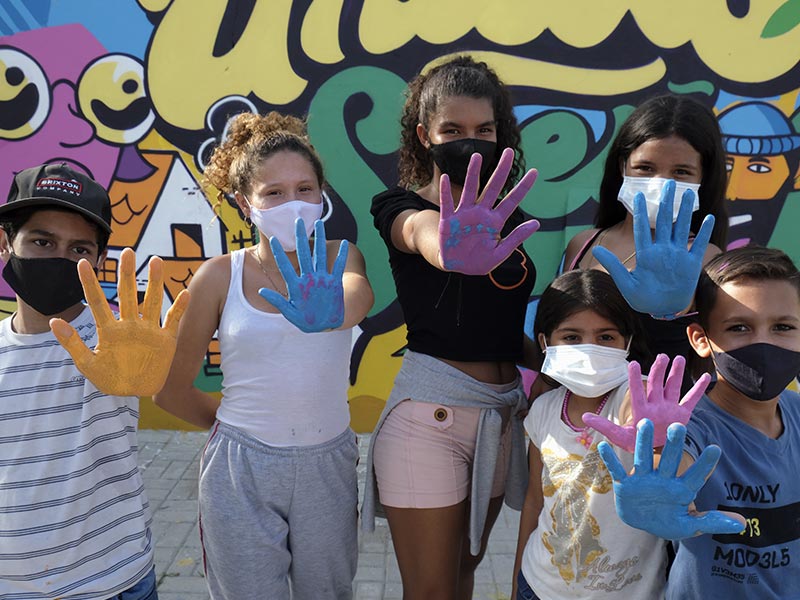
Children and youth from the Local Integration Center La Milagrosa in Colombia paint their dreams and hopes for the future in the mural Dreaming Together. © UNHCR/Santiago Escobar-Jaramillo

